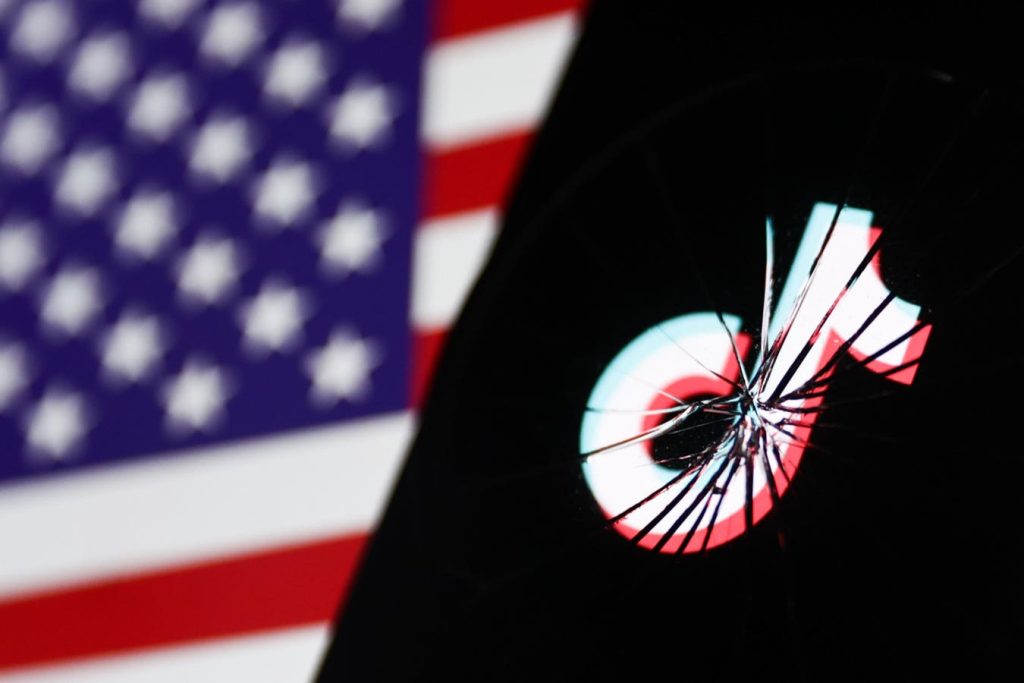Supreme Court Fast-Tracks TikTok Ban Case, Setting Stage for Landmark Free Speech Ruling
Washington D.C. – In a surprise move that has sent ripples through the legal and tech worlds, the Supreme Court has agreed to expedite its review of the controversial TikTok ban, setting oral arguments for January 10th. This accelerated timeline, encompassing the holiday season, signals the court’s intent to address the law’s constitutionality and potential stay before the ban’s slated implementation on January 19th. The case centers around a law passed in April, compelling TikTok’s Chinese parent company, ByteDance, to divest its ownership or face a nationwide ban of the popular video-sharing app.
The court’s decision to fast-track the case carries significant implications, effectively bypassing one of TikTok’s core arguments: delaying implementation pending the incoming Biden administration’s stance. This strategic scheduling ensures that the law’s defense falls upon the Biden Justice Department, which played a role in its drafting, rather than the Trump administration, which might have adopted a different approach. The high court’s proactive stance underscores the urgency and importance of the issues at stake.
This expedited review sets the stage for a landmark ruling with far-reaching consequences for First Amendment jurisprudence and the future regulation of foreign tech companies operating within the United States. The case grapples with complex questions surrounding national security, free speech, and the government’s authority to regulate online platforms. The D.C. Circuit Court of Appeals’ earlier decision upheld the ban, presenting a novel interpretation of the First Amendment that posits restricting access to certain platforms can be a protective measure against foreign influence, safeguarding the overall information ecosystem.
The Supreme Court’s impending decision holds immense weight for TikTok’s future in the U.S. Should the court uphold the ban, ByteDance faces a stark choice: divest TikTok to a non-Chinese entity or withdraw entirely from the American market. This outcome would extend beyond TikTok itself, impacting other ByteDance-owned apps like CapCut, Lemon8, and Gauth, potentially forcing their sale or discontinuation within the U.S. The ripple effect could extend to other foreign-owned tech companies operating within the American digital landscape.
While the Supreme Court holds the ultimate authority, a potential avenue for reprieve exists within the legislation itself. The law empowers the president to grant ByteDance a one-time, three-month extension to facilitate the sale of TikTok. This provision introduces a layer of political maneuvering, potentially allowing either outgoing President Biden or incoming President Trump to temporarily circumvent the ban’s immediate impact. This presidential prerogative introduces an element of uncertainty into the equation, highlighting the interplay between legal and political processes.
Despite the looming threat of a ban, TikTok remains optimistic about the Supreme Court’s review. Michael Hughes, a company spokesperson, expressed confidence in the court’s ability to recognize the ban as unconstitutional, emphasizing the platform’s importance for over 170 million American users exercising their free speech rights. This optimism underscores the high stakes involved, not only for TikTok and its users but also for the broader legal landscape governing online platforms and free expression in the digital age. The Supreme Court’s decision will undoubtedly shape the future of online discourse and the relationship between technology and national security.






